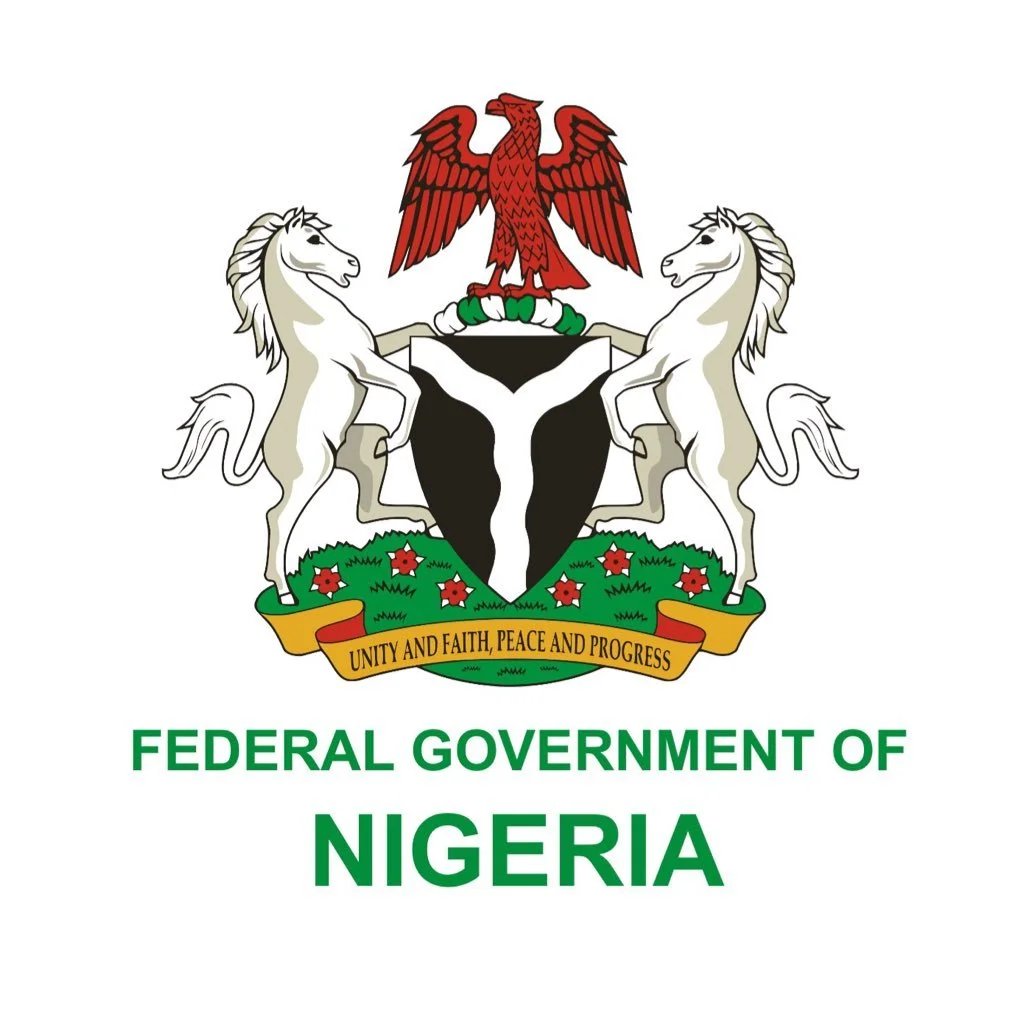The Federal Government says it will sanction employers of labour over indecent working conditions that negates local and international labour laws.
Mr Simon Lalong, Minister of Labour and Employment said this during the inauguration of Decent Work Country Programme (DWCP) III, (2023-2027) on Friday in Abuja.
The DWCP was inaugurated to promote jobs, guarantee rights at work, extend social protection and promote social dialogue.
The programme was organised by the Federal Ministry of Labour and Employment in collaboration with the International Labour Organisation (ILO).
Lalong said decent work deficits had continued to abound in the economy as informal employment has become the norm, while well-paying jobs that offer social protection benefits are the exception.
According to him, workers in the informal economy are exposed to poor working conditions, low pay, long hours of work and low rate of unionism, unsafe working environments.
“As well as absence of efficient employment and job creation opportunities and conditions of underemployment, among others.
“Government is aware of the activities of some of these employers, who due to the pursuit of profit, disregard the extant labour laws.
“This creates work environments that frustrate the attainment of decent work for employers or employees because of the quest for profit.
“Many workers are exploited and make the work in very indecent and intolerable conditions, which negate all local and international labour laws.
“Hence, we shall not fail to sanction such organisations and ensure that the rights and privileges of Nigerian workers are protected,”he said.
He said that he had directed the Inspectorate Department in the ministry, to wake up to its responsibility and ensure the full compliance with decent work regulations across the country.
The minister said “I shall be engaging relevant government agencies to ensure that these entities are fully made to face the rod of the law.
Lalong said the implementation of Decent Work Country Programme would ensure that existing, and new jobs in both the public and private sectors are productive.
“It would also provide opportunities for career progression to deliver a fair income and social security for the family.
“It will ensure that the tenets of decent work are mainstreamed into all Employment Generation activities,”he said.
Also speaking, Dr Vanessa Phala, ILO Country Director to Nigeria said that the process of developing the DWCP was robust, inclusive, and consultative with the participation of the social partners.
According to him, the ILO in 2021 conducted a diagnostic study on the decent work situation in Nigeria, which gave it reliable data on the situation at hand.
She said that several recommendations were made to address the decent work deficits in Nigeria.
Phala said the DWCP document would serve as a tool in addressing the country’s social and economic challenges.
“It will ensure job-rich, inclusive, and sustainable growth.
“It is also an instrument that the government and social partners can use to mobilise resources needed to address productive employment and decent work,”she said.
Mr Matthias Schmale, UN Resident Coordinator, said that Nigeria was lagging far behind in achieving the Sustainable Development Goals (SDGs).
“Sadly, Nigeria is seen as the biggest in the African continent if not by whole.
“We must really work very hard together to ensure that Nigeria like everyone else catches up in achieving the Sustainable Development Goals (SDGs).
“If Nigeria can achieve the SDGs, the implementation of DWCP would be a thing of the past,”he said.
Schmale said that the UN would continue to offer Nigerian government series of transformative initiatives to help accelerate the SDG achievement.










